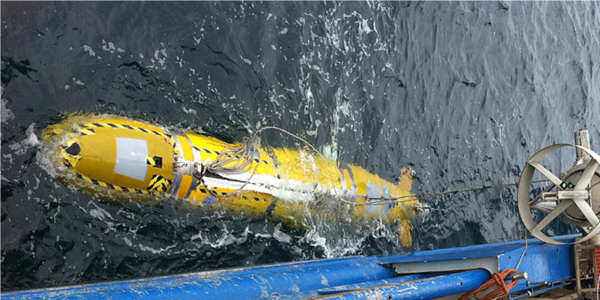
New home for University’s climate research
The Priestley Building will provide a base on the University's main campus for leading climate-related research.

The Priestley Building will provide a base on the University's main campus for leading climate-related research.

Seven areas of fast-flowing ice on the Antarctic Peninsula have been formally named after Earth observation satellites, following a request by a University of Leeds scientist.

A new study has used partially fossilised plants and single-celled organisms to investigate the effects of climate change on the Canadian High Arctic wetlands and help predict their future.

Leeds scientists are leading a research network of northern universities to find new ways to rapidly decarbonise UK transport.

In only 25 years, ocean melting has caused ice thinning to spread across West Antarctica so rapidly that 24% of its glacier ice is now affected, according to a new study.

New research reveals clues to a crucial period of rapid evolution in complex animals that began roughly 540 million years ago.

Analysis of water samples from the UK’s Humber estuary revealed high levels of pharmaceuticals, with ibuprofen found at some of the highest concentrations ever reported across the globe.

A new report sets out how Leeds could become a carbon neutral city by 2050 – and potentially by 2030.

The first large-scale survey of those working to protect the natural world has found general agreement on the goals of conservation – but significant divisions on how to achieve them.

New research has revealed how currents deep on the ocean floor are able to travel thousands of miles.